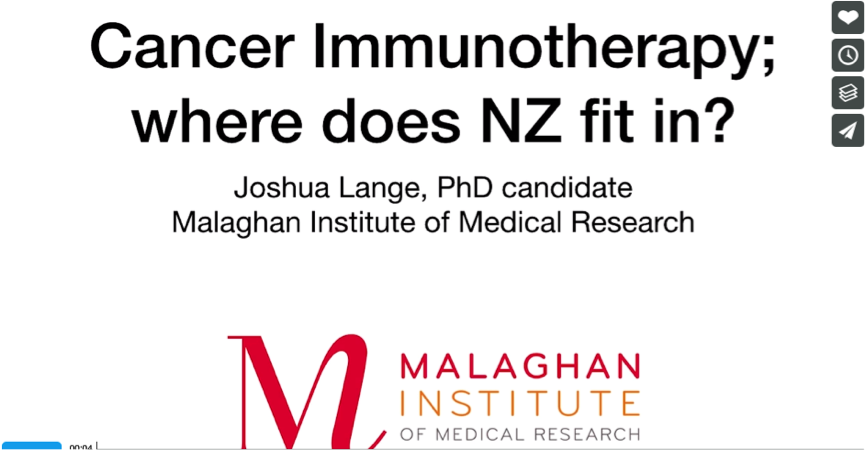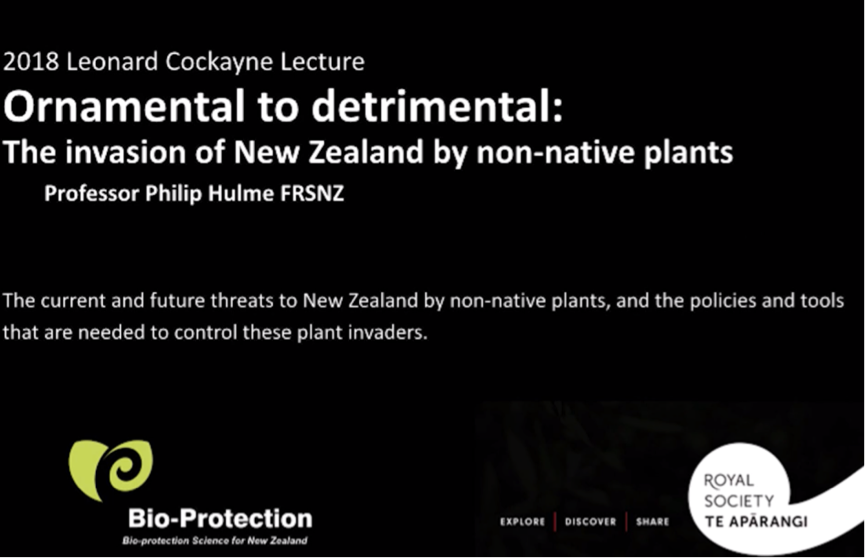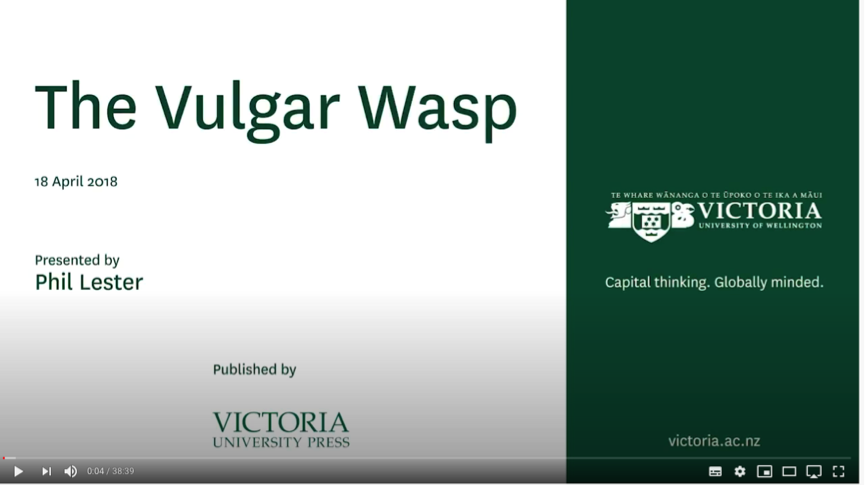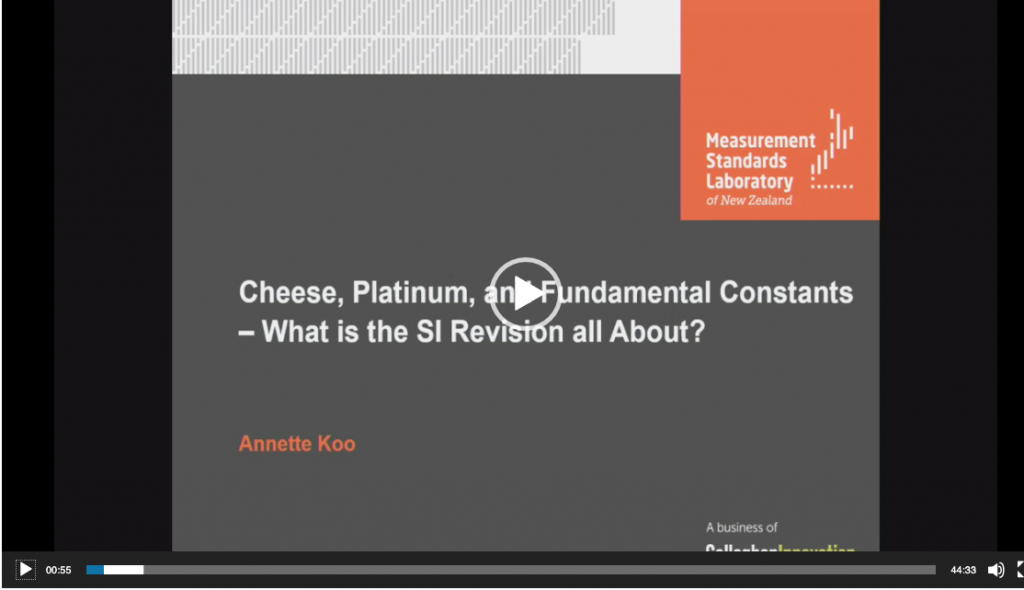Here are some of the lectures hosted by Hawke’s Bay Branch that have been videoed (with thanks to Wayne Dobson of EIT), and also videos of events hosted by other branches of the Royal Society.





By Prof. Tony Ward, Victoria University of Wellington
It was our pleasure to present the Hudson Lecture, of the Wellington Branch of the Royal Society, on the 14th August. This year the lecture was by Prof. Tony Ward “Theoretical illiteracy and therapeutic dead ends: lessons from forensic and correctional practice”.
The classification and explanation of crime is important for research and practice. The categorization of problems associated with crime sets explanatory targets, underpins predictive models, and ideally provides clinicians with a rich description of offending groups and their various difficulties. Dynamic risk factors and offence type categories are the fundamental constructs in this work and structure forensic practice and guide rehabilitation policy throughout the world. However, in my view there are serious theoretical problems with these two constructs which adversely impact on their utility. Continued reliance on them is stifling the field and is rapidly leading to theoretical dead ends, fragmented practice, and disappointing rehabilitation outcomes. In this talk, I present new ways of formulating DRF and classifying crime and its related problems in the forensic and correctional domains. I demonstrate how these theoretical innovations can lead to better explanatory theories, and more targeted interventions.
Professor Tony Ward, School of Psychology, Victoria University of Wellington, has primarily researched forensic and correctional topics, prominently centered on violent and sexual offenders and rehabilitation. His theoretical contributions have resulted in substantial empirical research projects and innovations in treatment around the world. Tony is the developer of the “Good Lives Model” for the rehabilitation of offenders. He has taught clinical and forensic psychology at the universities of Melbourne, Canterbury, and Deakin and is a professorial fellow at the Universities of Birmingham, Kent, and Portsmouth. He has authored more than 400 academic publications. Tony was made a Fellow of Royal Society Te Apārangi in 2018.

By Annette Koo, Measurement Standards Laboratory of New Zealand (MSL)
Worldwide agreement on units of measurement has brought us freedom to trade and innovate, as well as supported improved wellbeing and trust. This talk will describe why are we changing things now and what the revision of the International System of Units promises for the future. In particular, the redefinition of the kelvin away from the triple of point of water will be described, including the measurements contributing to the final value of Boltzmann’s constant and the ongoing implementation of the temperature scale.
Annette completed a physics PhD through Victoria University in 2005 and then spent 3 years in Melbourne as a postdoctoral fellow at CSIRO and then at Monash University doing research into catalysts for solar hydrogen generation. In 2008 she started at Measurement Standards Laboratory of New Zealand (MSL) as a research scientist, developing expertise in the measurement of light and human perception, including design of MSL’s robot-based goniospectrophotometer and piloting the CCPR comparison of spectral transmittance. Annette is now a Principal Research Scientist with MSL.
